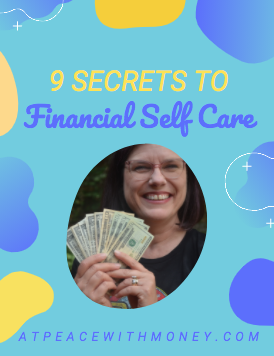Always Base your Financial Goals on Your Values: Here’s Why

I’m not a big fan of making money for no reason. When we have an abstract number in our head about how much we want to make, this can be distracting and counterproductive at best, and leave us feeling empty at worst. Financial goals shouldn’t be based on round, nice-sounding numbers that carry an air of success. They should be based on what we actually want to get out of life!
Your Values = Your Satisfaction
The way I see it, your values are pretty simple. The more you incorporate the things you value into your life, the more satisfied you are. In other blog posts, I’ve written about Vicki Robin’s concept of enough, and Lynn Twist’s ideas of sufficiency. Having enough, feeling sufficient and satisfied – isn’t that what most of us really want out of life? Your business, your finances, and your goals should enable you to have enough of the things you value in your life to feel satisfied.
For more thoughts on identifying your values, I suggest reading “What’s Your Money Why?”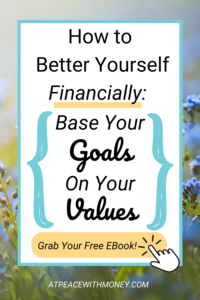
Stay the Course
This is much easier said than done! We live in a world where we are met with many different distractions that make us feel insufficient. This can be especially difficult for business owners, because we can get caught up comparing our incomes and lifestyles to others, instead of staying focused on what we want for ourselves.
Creating goals that are based on your values helps you maintain your focus on your own ideas of success. It can help you avoid anxious behaviors like overworking and over-saving.
Assign a Number
Rather than falling for some number that “sounds like success,” it’s important to assign a number to your goals and dreams.
For example, you take time to really analyze your values and your dreams. You decide that what you want is more fun in your life, specifically through taking an aerial silks class (or whatever intentional choice you might make to increase your value of fun). You would then assign a number to that dream by calculating how much a class and any necessary supplies would cost, plus any other associated expenses you might want to be aware of. That gives you a dollar value that can help inform your financial goals.
Happy goal setting! If you enjoyed this post, you’ll probably like my free e-Book, Reach Your Life Goals: A Business Owner’s Guide. Click there or below to download your free copy.
This post was first published in 2021.

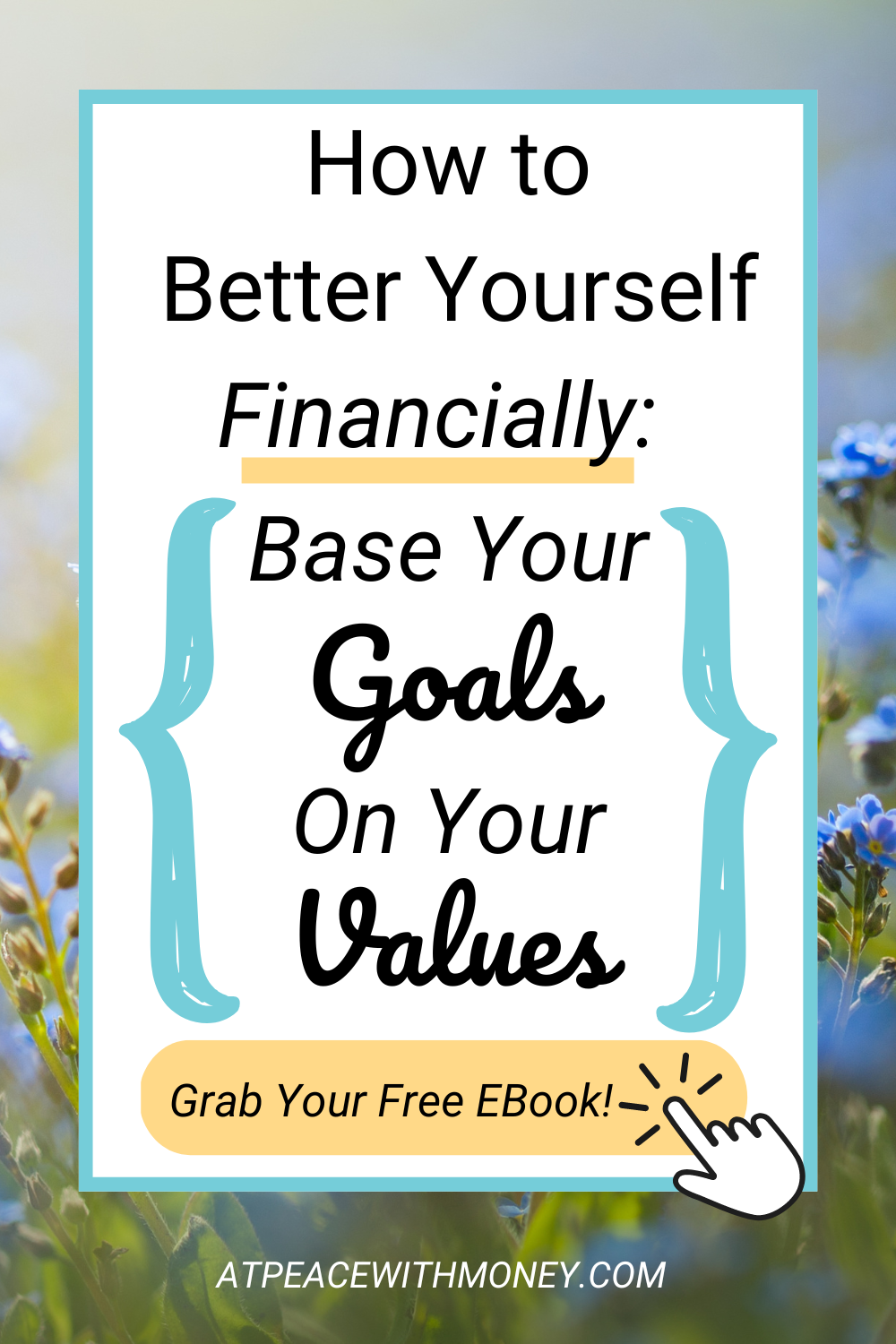


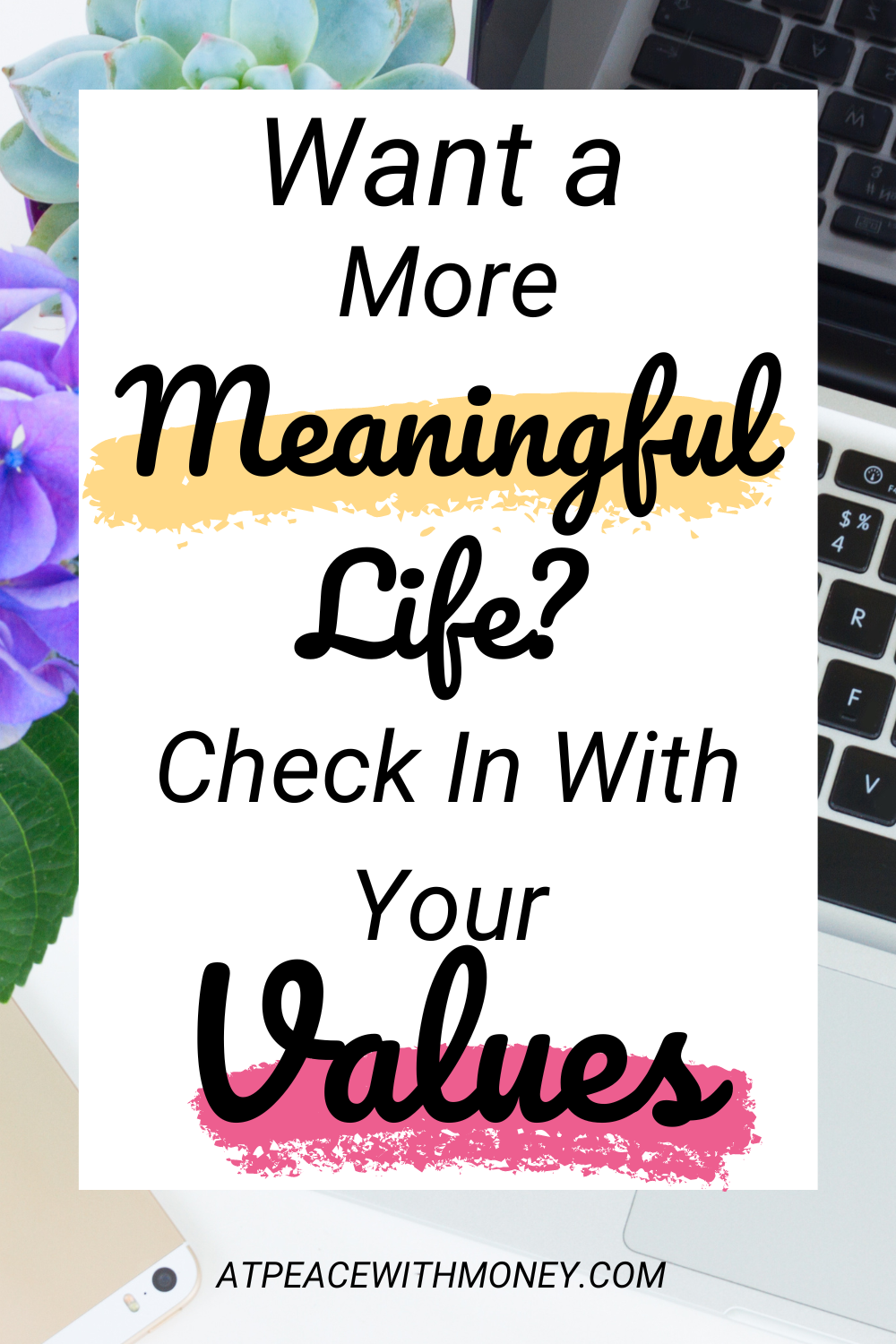



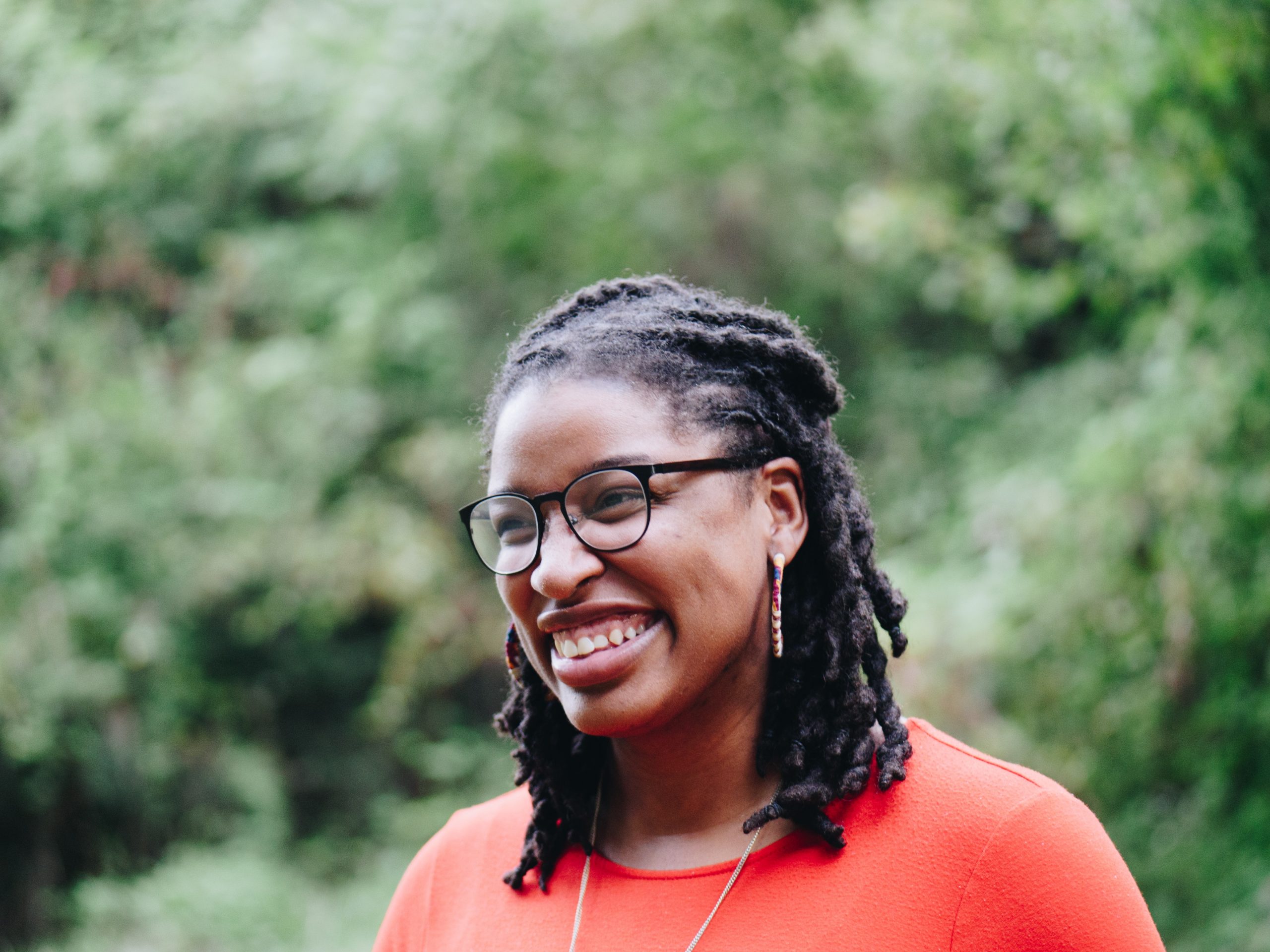

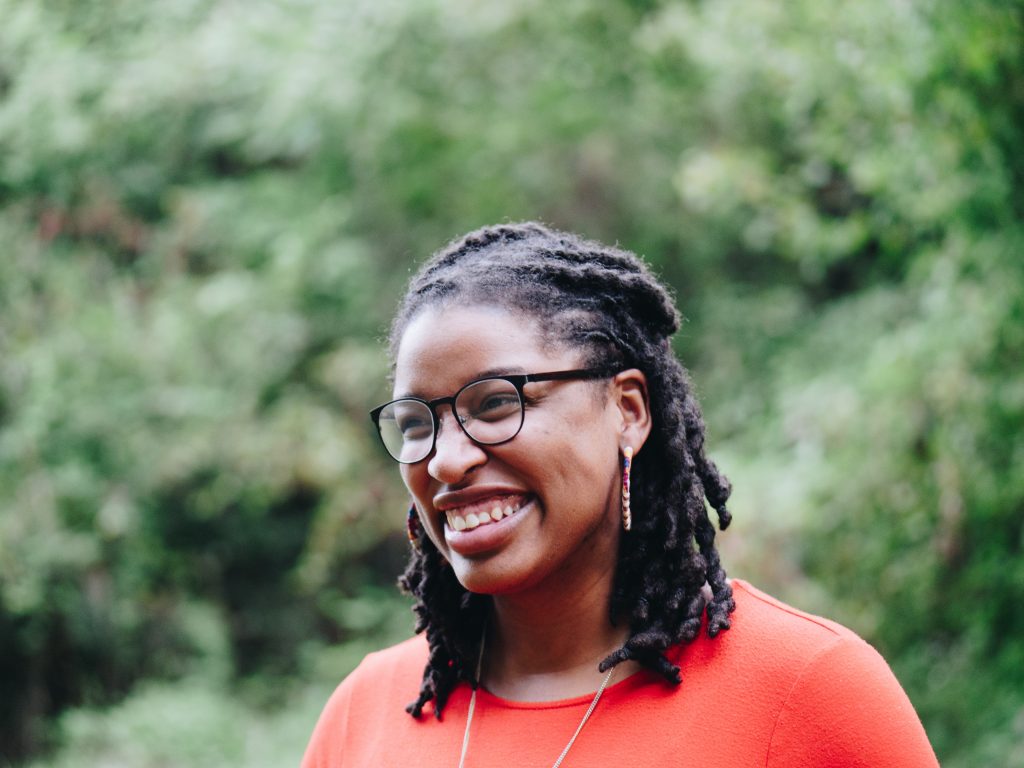
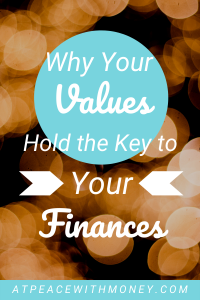

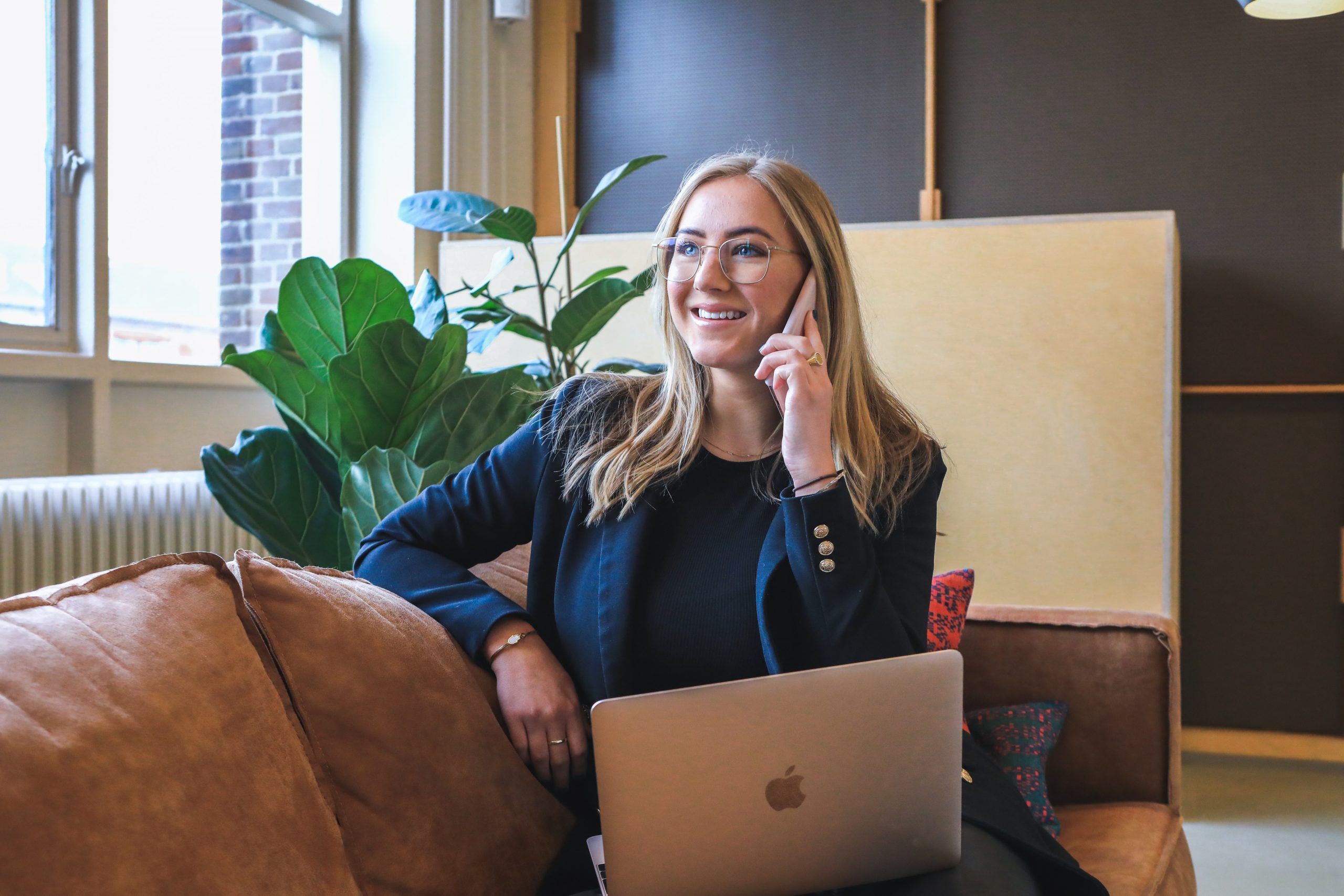

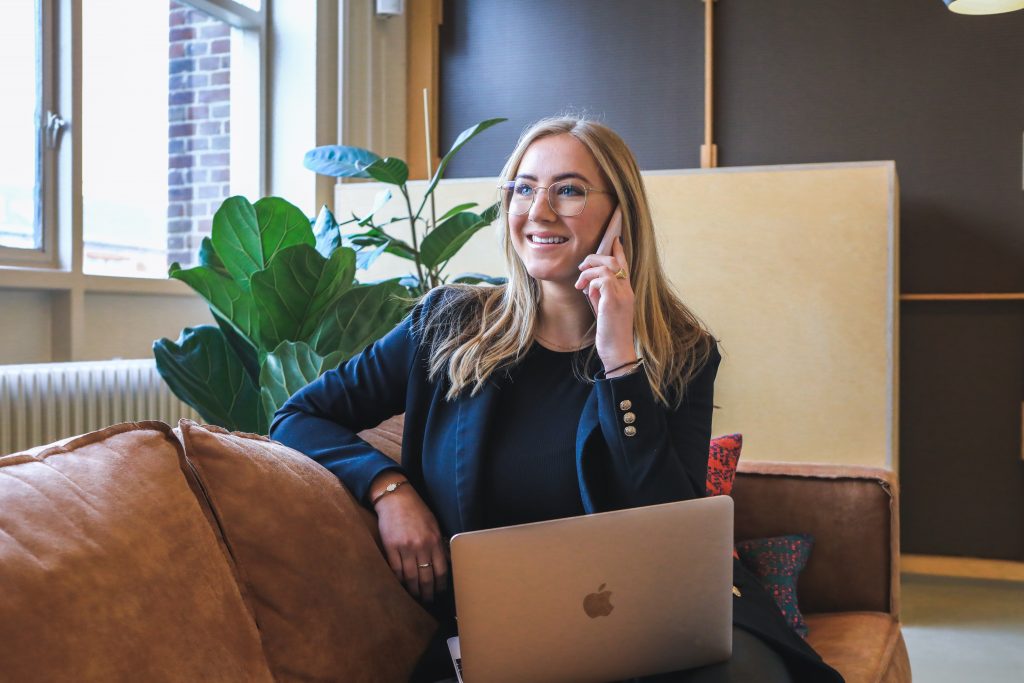




 For example, you take time to really analyze your values and your dreams. You decide that what you want is more fun in your life, specifically through taking an aerial silks class (or whatever intentional choice you might make to increase your value of fun). You would then assign a number to that dream by calculating how much a class and any necessary supplies would cost, plus any other associated expenses you might want to be aware of. That gives you a dollar value that can help inform your financial goals.
For example, you take time to really analyze your values and your dreams. You decide that what you want is more fun in your life, specifically through taking an aerial silks class (or whatever intentional choice you might make to increase your value of fun). You would then assign a number to that dream by calculating how much a class and any necessary supplies would cost, plus any other associated expenses you might want to be aware of. That gives you a dollar value that can help inform your financial goals.

